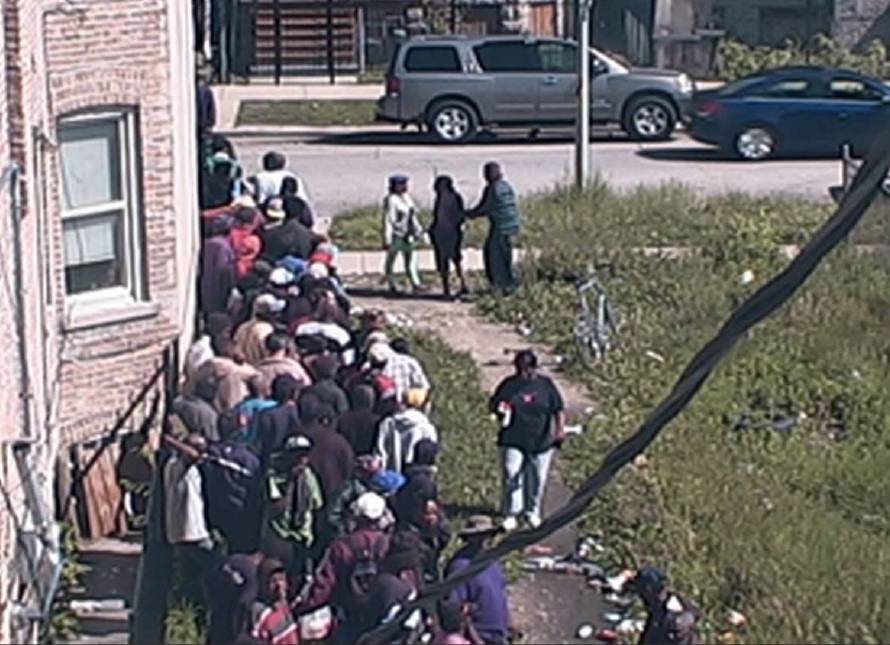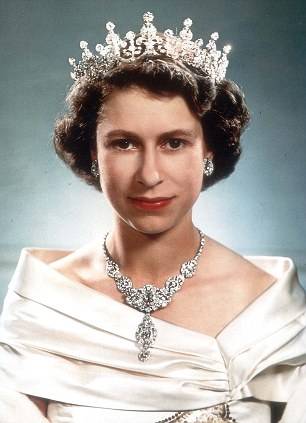LOIE
Gold Member
- May 11, 2017
- 954
- 325
- 190
I believe it is an American problem and one that we should all be concerned about.Dear White America: What About “Black on Black” Crime? – KINFOLK KOLLECTIVE
Blacks account for over 82% of all of the murders and violent crime in this country even though they are just 13% of the population. Until blacks admit this, they are just willing accomplices to murder, rape and violence due to their need to look the other way when their kind commits crimes.
Until blacks stop pushing for police to not arrest murderers and rapists just because their black --- until blacks start to mourn the deaths of their own, instead of ignoring them like so many do -- until then, those blacks should shut up about everything else.
But instead, blacks deflect and try to make black on black crime an American problem -- and try to ask white America questions like:
If we are all Americans, why are you not worried about crime happening anywhere in America? -- Are you kidding?? Don't try to claim you are Americans now just because you don't want to admit that your culture is responsible for black on black crime.
Or how about this dumb question -- If you deny the existence of two Americas – one for black people, and one for white – how can you now call for an examination of an issue that is exclusive to something you denied existed in the first place (i.e., Black America)? No one is denying the existence of two Americas -- you blacks are the ones who have segregated yourself into ghettos, with the NAACP, BET -- all of that is created two Americas -- so its your problem, you fix it -- leave the civilized America out of it.
So I will ask you all -- Is black on black crime an American problem or their problem?
From “Tears We Cannot Stop” by Michael Eric Dyson:
“Beloved, all of what I have said should lead you to empathy. It sounds simple, but is benefits are profound. Whiteness must shed its posture of competence, its will to omniscience, its belief in its goodness and purity, and then walk a mile or two in the boots of blackness. Empathy must be cultivated. The practice of empathy means taking a moment to imagine how you might behave if you were in our positions. …imagine how you would act if you were us. Imagine living in a society where your white skin marks you for disgust, hate and fear. Imagine that for many moments. Only when you see black folk as we are, and imagine yourselves as we have to live our lives, only then will the suffering stop.”
"Beloved, your white innocence is a burden to you, a burden to the nation, a burden to our progress. It is time to let it go, to let it die in place of the black bodies that it wills into nonbeing. In its place should rise a curiosity, but even more, a genuine desire to know and understand just what it means to be black in America.”
From “The Beast Side” by D. Watkins: To the question” What about black on black murders? Like white on white murder doesn’t exist. The U.S. Justice Department’s statistics bureau reports that 84 percent of white murder victims are killed by white people. The number for blacks if 94 percent – it’s not that big of a difference. American is segregated, and that’s the primary reason why people kill people who look like them. Look at how blacks are treated in this country. I’m not talking about the cops here, but about the schools, the job market, the prison-industrial complex, the health care system, the food supply. Rage comes naturally for black men and women growing up in America. And once that fury begins to sprout within you, it’s all too easy in our country to use a gun to give it full expression.”





